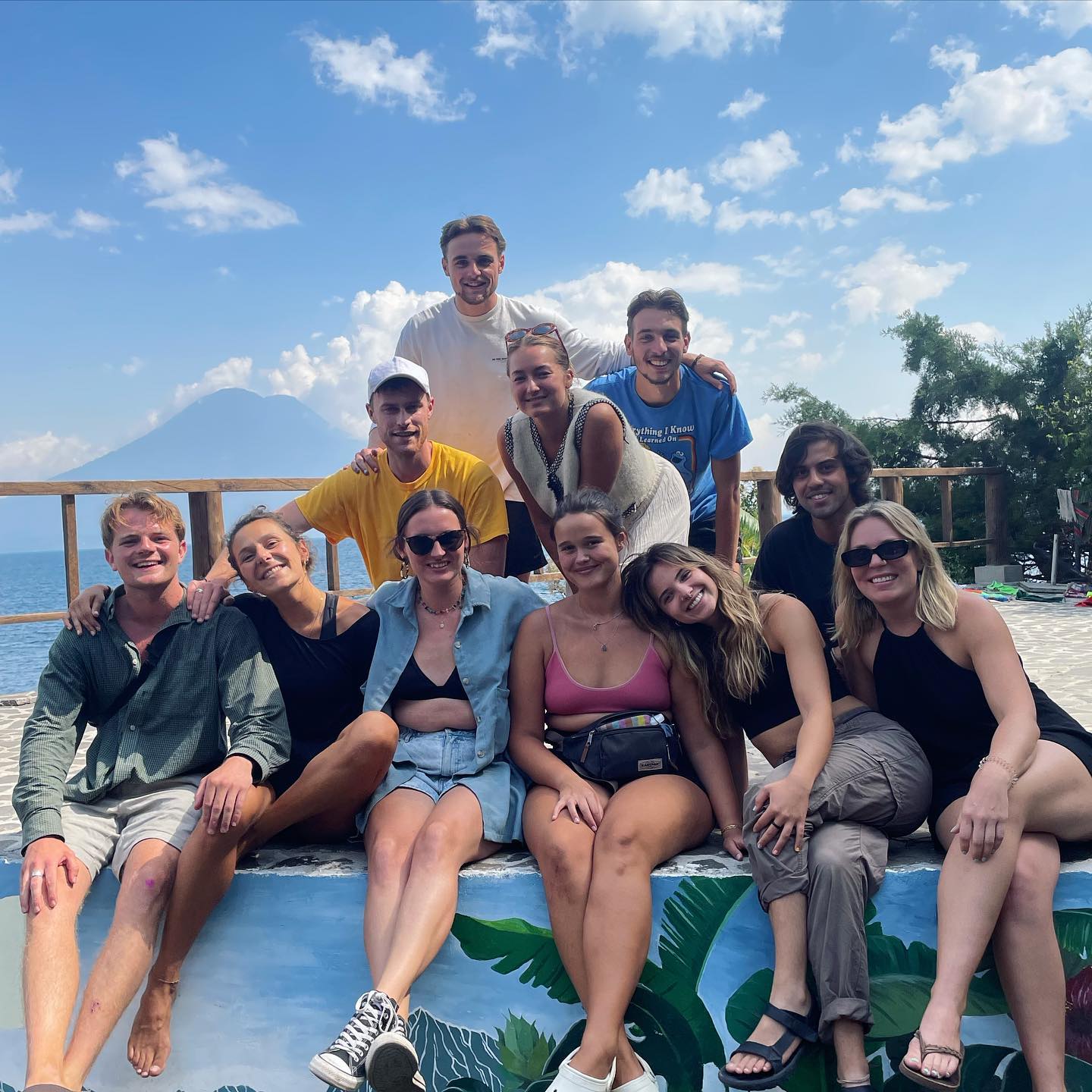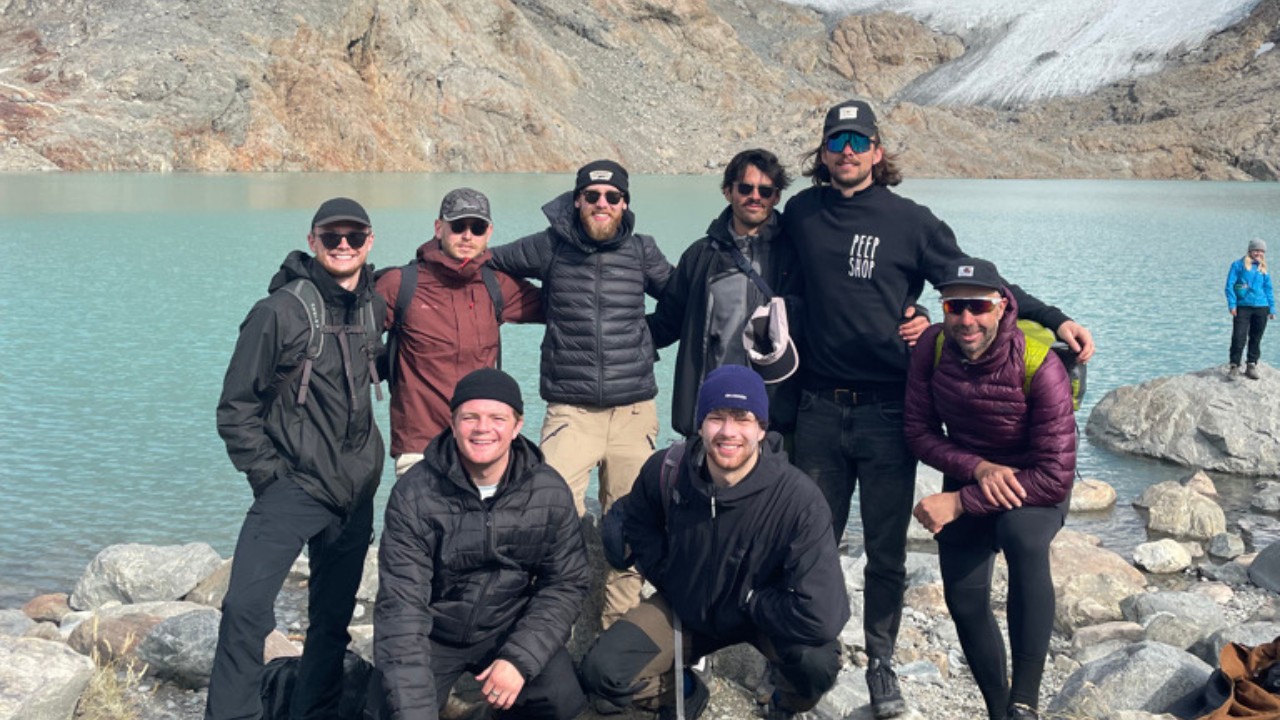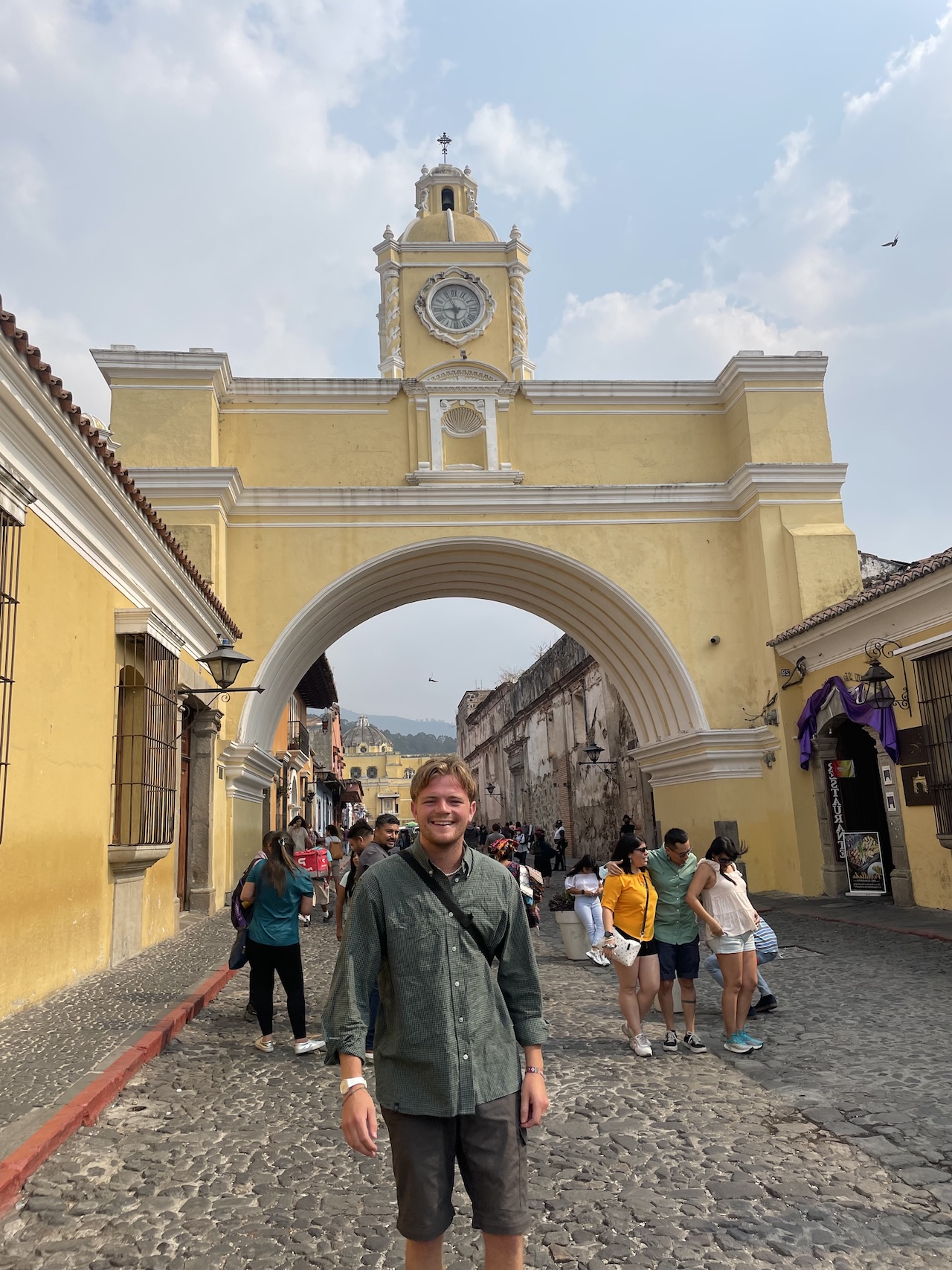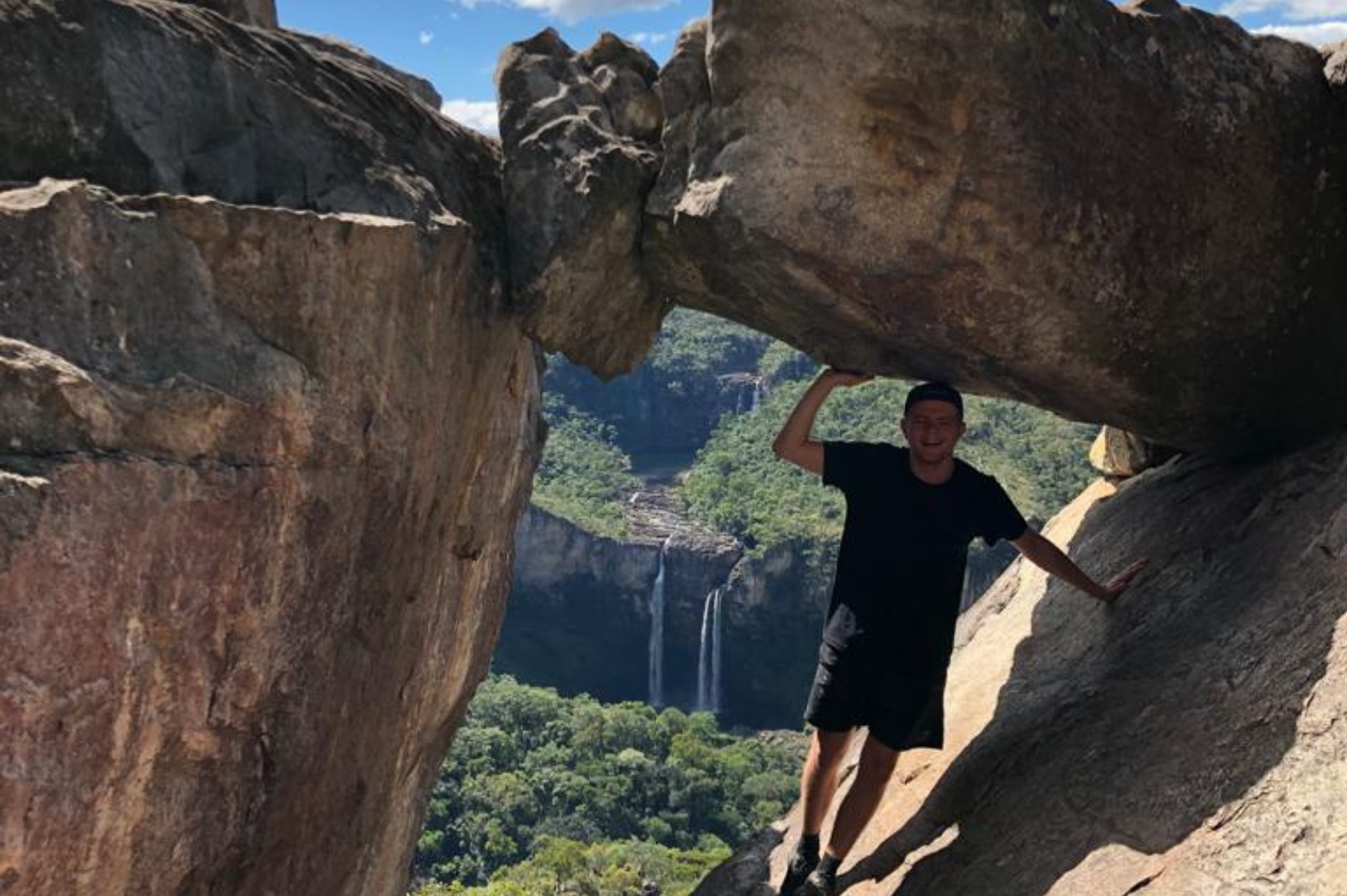The Gap Year Guide (UK): How to Plan It, Fund It, and Use It for Uni and Work
A practical, UK-focused guide to gap year ideas — from paid work and internships to travel, languages, and ethical volunteering — plus how to plan, defer entry, budget, stay safe, and turn your year into CV gold.

Design your year around outcomes, not itineraries
Forget the “where first?” question. Start with outcomes like what you want to be different about you by the end of the year (skills, clarity, savings, language level, portfolio pieces). Then pick 2–3 experiences for your year that deliver those outcomes and sequence them sensibly. These could be travel or volunteering exasdperiences, or staying at home and working in the local community!
Use our O.P.E.N. framework:
- Outcomes: name 3–5 clear targets (e.g., earn £3k, reach B1 Spanish, teach English as a foreign language).
- Pathways: choose the ways that best deliver those outcomes (paid work, internship, travel, volunteering, short courses).
- Evidence: decide how you’ll capture proof (skills log, photos, supervisor references, mini case studies).
- Next step: know how this feeds your UCAS personal statement, CV, or job hunt when you return.
Both UCAS and Prospects agree a gap year is most valuable when it’s purposeful (not a vague “year off”) and aligned to your future study or career.
Gap year ideas (by outcome)
1) Career clarity & experience
Who it’s for: You’re unsure about your degree/career and want real-world tests.
Roadmap options (mix 2–3):
- Micro-internship stack (8–12 weeks): 3–4 short placements (2–3 weeks each) at SMEs/charities across different functions (e.g., marketing → product → operations).
- Education sampler (6–10 weeks): UK tutoring/assistant roles → youth camp abroad (seasonal) → reflective write-up.
- Healthcare exposure (6–12 weeks): Volunteer patient support → shadowing (where permitted) → first-aid certification.
- Tech taster (6–10 weeks): Online foundations (e.g., Python/data/AI/UX) → 1–2 freelance micro-projects → mentor calls.
Budget levers:
- Commute vs. relocate; choose roles with lunch/travel stipends; stack part-time paid work alongside.
- Borrow or rent equipment (laptop, camera) if needed rather than buying.
Skills to highlight: Initiative, problem-solving, stakeholder comms, basic project management, data literacy.
Watch-outs:
- Scope creep (unpaid roles ballooning). Agree deliverables in writing.
- Confidentiality - check what you can publicly share in your portfolio.
2) Language & culture
Who it’s for: You want certified language progress and cultural fluency.
Roadmap options:
- Immersion ladder (10–14 weeks): 4–6 weeks language school + homestay → 3–4 weeks volunteer/work-exchange → 2–3 weeks solo travel to stress-test speaking.
- Dual-city sprint (8–10 weeks): 4 weeks in City A (structured classes) → 4 weeks in City B (conversation partner + community events).
- Exam track (12+ weeks): Prep for recognized exams (e.g., DELE/DELF/TELC) → sit the exam → celebratory mini-trip.
Budget levers:
- Homestays often include meals (big saving).
- Choose off-season destinations; buy local transport passes.
Skills to highlight: Intercultural communication, adaptability, negotiation, resilience.
Evidence pack:
- Weekly voice notes; CEFR self-assessment; exam certificate; short essays or vlogs with subtitles.
- One paragraph on a “communication breakdown you solved” (gold for interviews).
Watch-outs:
- Plateaus—plan weekly “speaking challenges” (market haggling, phone call, admin task) to keep progress visible.
3) Savings first, travel later
Who it’s for: You want to fund your gap year yourself and still travel.
Roadmap options:
- Season-to-sights (5–7 months): 10–16 weeks seasonal UK work (hospitality/events/retail) → 4–8 week budget trip (Interrail/Balkans/Latin America) → 1–2 week skills course (first aid/coding/photography).
- Work-study-go (4–6 months): 8–12 weeks paid shifts + one online certificate → 3–5 weeks travel focused on the skill (photo walks, coding meetups, language meetups).
Budget levers:
- Automate savings (separate “travel” account); grab railcards; book long-distance transport early.
- Pre-pay the “expensive essentials” (insurance, visa fees, initial accommodation) before you leave.
Skills to highlight: Reliability, customer service, cash handling, time management, financial discipline.
Evidence pack:
- Savings tracker screenshots; a mini-budget you actually stuck to; short reflection on “what I cut and what I kept.”
Watch-outs:
- Burnout from double-shifts—ring-fence 1–2 full rest days/week.
- “Lifestyle creep” eating your savings—use a 48-hour rule for non-essentials.
4) Social impact (done ethically)
Who it’s for: You value service work and want it to be genuinely helpful (and safe).
Roadmap options:
- Community-led path (8–12 weeks): Pre-departure training → on-site role with a named supervisor → language basics → end-of-placement handover doc.
- Skill-match model (6–10 weeks): Bring a concrete skill (design/social/content/data collection/first aid) to a local partner; deliver a defined project with clear handover.
Budget levers:
- Choose placements with accommodation/meals included (but still budget a contingency).
- Avoid costly “vanity add-ons”—spend on training/safeguarding instead.
Skills to highlight: Cultural sensitivity, safeguarding awareness, teamwork, project delivery, humility.
Evidence pack:
- Scope of work with metrics (hours, outputs), handover doc, supervisor reference, short reflection on impact/limits.
Watch-outs:
- Avoid roles that displace local jobs or place you in unsupervised positions beyond your competency.
- Ask for safeguarding policies, escalation contacts, and data protection guidelines up front.
5) Outdoors & adventure
Who it’s for: You want challenge, leadership, and risk-aware decision making.
Roadmap options:
- Season + skills (10–16 weeks): Ski/Alps season employment → certified first aid/outdoor skills course → conservation trail project.
- Expedition build (8–12 weeks): Progressive hikes/climbs → weekend leadership tasks → multi-day trek you plan and lead for a small group.
Budget levers:
- Staff housing/meal plans; buy second-hand kit; rent technical gear you’ll only use once.
- Group travel for permits and guiding where required.
Skills to highlight: Leadership, navigation, risk assessment, incident management, kit maintenance.
Watch-outs:
- Scope your objectives to your training and don’t let ambition outrun safety.
- Always leave a plan with a check-in contact; carry insurance that covers activities & altitude.
6) Creative & portfolio
Who it’s for: You’re aiming at creative degrees or jobs and need a body of work.
Roadmap options:
- Course → client → festival (10–14 weeks): 2–4 week short course (film, sound, design) → 4–6 weeks of spec or low-paid real client work (cafés/NGOs) → 1–2 weeks volunteering at an arts event.
- “12 briefs” sprint (8–12 weeks): One finished piece per week (poster series, micro-docs, photo essays) → publish as a mini-site.
Budget levers:
- Open-source tools or student licenses; borrow/rent kit; collaborate (split location/studio costs).
Skills to highlight: Storytelling, audience insight, iterative design, feedback incorporation, deadline discipline.
Make it real: a 60-minute planning sprint
- Define outcomes: money target, skill/level target, clarity target.
- Choose 2–3 pathways: one to fund, one to level up, one to celebrate/reflect.
- Budget shape: list big rocks (programmes, travel, visas, insurance, kit) + 10–15% buffer.
- Logistics: visas/permits, immunisations, accommodation, safety plan.
- Evidence plan: monthly reflection, skills log, STAR stories, supervisor reference.
Deferring university the smart way (if you’re applying now)
You can apply this cycle and select a deferred start date; universities decide whether they accept deferrals and it’s typically for one year. Check acceptance before you submit, and remember your offer conditions still apply even though the start moves.
How to use the time well for admissions:
- Map experiences to your course themes (e.g., lab skills for biosciences, child interaction for education).
- Keep a simple log of situations, actions, results—gold dust for personal statements and interviews. UCAS’ gap-year guidance backs this “purposeful year” approach.
Avoid the common pitfalls
- Drift: months vanish without outcomes. Fix with monthly reviews against your O.P.E.N. plan.
- Overpaying: big-ticket programmes aren’t always better. Price in all costs (flights, visas, insurance, local transport, kit).
- “Saviour” volunteering: prioritise community-led work with training and supervision; be honest about your skills and limits.
- No re-entry plan: book your final month for applications, portfolio tidy-up, references, and admin.
Turn experiences into CV & personal-statement wins
- Translate stories into transferable skills (initiative, teamwork, intercultural communication, resilience).
Write 3 STAR stories (Situation–Task–Action–Result) per placement; quantify results (hours taught, funds raised, routes completed).
Ask supervisors for specific references while it’s fresh.
Quick checklist (save this)
- Outcomes set (skills, savings, clarity)
- Pathways chosen (2–3 max) + dates pencilled
- Budget & buffer done
- Visas/permits & insurance fit your activities/length
- Accommodation & in-country support confirmed
- Evidence plan (log + references)
- Re-entry week blocked (applications/interviews admin)
Where STT helps
- Free 20-minute planning call: pressure-test your route, budget, and timelines.
- Trip building & optional extras: we’ll help you add value without blowing the budget.
- Safety & prep: packing lists, comms plans, and country notes so you travel confident.
.png)


